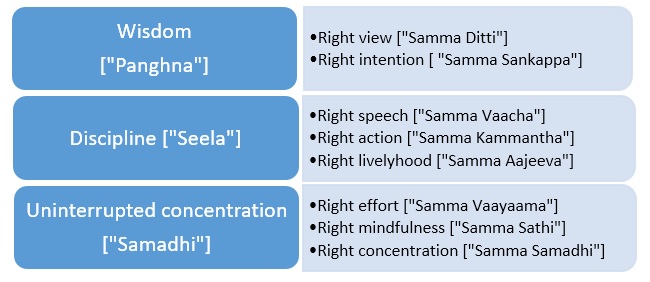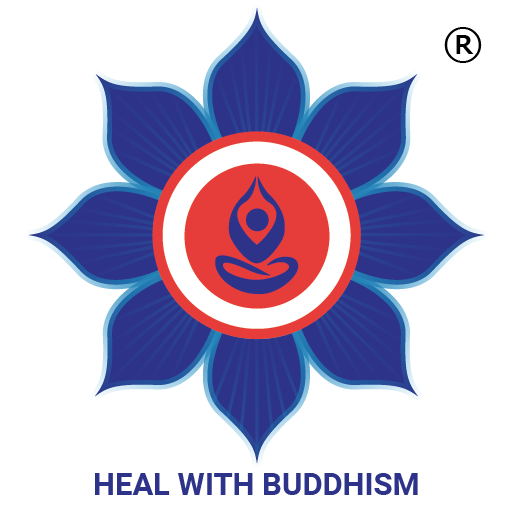There is no doubt that the last two years have been exceptionally challenging for many of us despite of our health, wealth, social or educational backgrounds. Regardless of your GMT, you are most likely to be either stressed, anxious or fatigued with COVID -19 lock downs, on the second year anniversary of this pandemic, since it first appeared in October 2019 in WUHAN, China.
It is inarguable that this tiny virus has challenged human race and its modern lifestyle unlike any other time in our history. Day by day it is proving the superiority of nature inspite of our best efforts to challenge it with global vaccination programs. It is clear that we are receiving a message from Mother Nature, which we may not want to hear: slow down, look around, support each other and protect our surroundings because our survival on this earth or universe depends on our own actions as a human race.
If you are not convinced, I kindly request you to closely examine the communities that have weathered the psychological, health and financial burden of this global crisis because they not only have well-organized vaccination programs but also three important human qualities, which separate them from the others: They are
❖ Generosity
❖ Discipline
❖ Mindfulness
Known to be the foundations of Buddhist lifestyle that supports happy, healthy, safe and fair societies.
While WHO recognizes 10th October as World Mental Health day, Australia dedicated the whole month of October to mental health awareness. As a result, mindfulness has become the buzz word of the month. Or if I may correct, mindfulness has become one of the most fashionable trends in the 21st century creating a billion dollar businesses around the globe. But as many researchers are pointing out, is the practice of mindfulness really providing the expected benefits while it has been decontextualized from its original roots of Buddhism in the process.
Do we really understand the meaning of mindfulness?
Cambridge dictionary defines mindfulness as the practice of being aware of your body, mind and feelings in the present moment that thought to create a feeling of calm.
According to the American Psychological Association [APA.org, 2012], mindfulness is a moment to moment awareness of one’s experience without judgment.
But, the concept where it originated provides a whole different meaning to it. You may or may not have been aware that Mindfulness or “Vipassana” is a concept unique to Buddhist meditation composed of “Samma Sathi” [the right attention] and “Samma Samadhi” [the right uninterrupted concentration]. The Pali word “Vippassana” [ Vi+ Passana] means paying attention to what mind grasps”. Dharma describes Vipassana meditation as an individuals’ ability to concentrate uninterruptedly [“Samma Samadhi”] while maintaining awareness [“Samma Sathi”] on themselves or others with the right view or perception [“Samma Ditti”]. It is said, no one would be able to achieve the full potential of this unique meditation without “Samma Ditti”.
Then how can we practice mindfulness?
The best way to practice mindfulness is to follow the eightfold middle path:

An eight step guidance towards a lifestyle that
❖ supports a happy, healthy, safe and fair society through the practice of generosity [“Daana”], discipline [“Seela”] and mindfulness or Vipassana meditation [“Bhavana”].
❖ intends to improve personal and social wellbeing through good behavior [“Seela”], uninterrupted concentration [“Samadhi”] and intelligence [“Panghna”].
It is likely that most of you who have attempted mindfulness training would agree it is easier said than done. But, when you start practicing the eightfold path, you are most likely to change this view because each step will be guiding you towards the next.
Mindfulness taught in Buddhism is an art of living that guides us to live in the moment with wisdom [understanding that every moment is continuously changing in an unpredictable and uncontrollable manner despite our best efforts to control and predict it, which brings us sorrow, dis-satisfaction and disappointment], which teaches us to be resilient, conscientious and considerate.
As the CEO of the AROGYA PTY LTD, I hope you join us in the journey of practicing mindfulness if not as a participant of our programs but as a follower of our blog.

